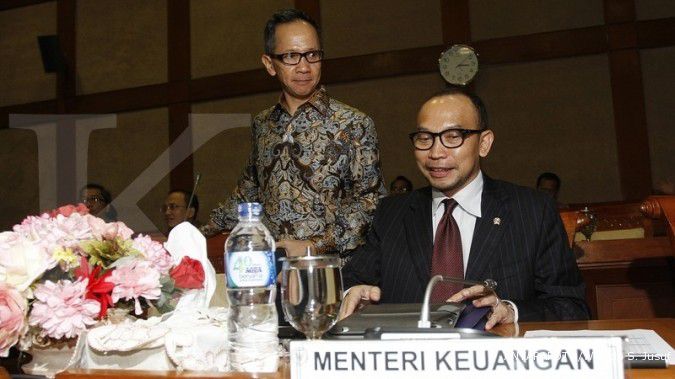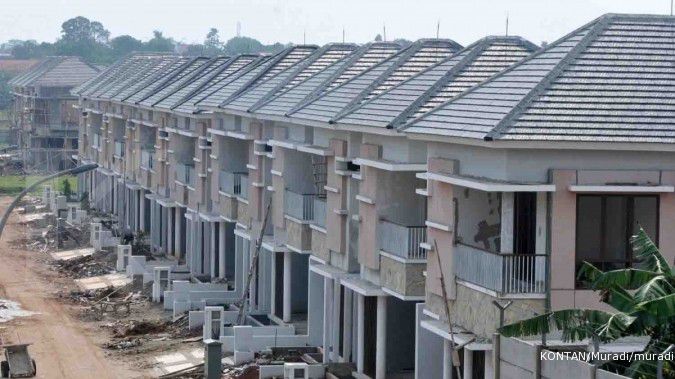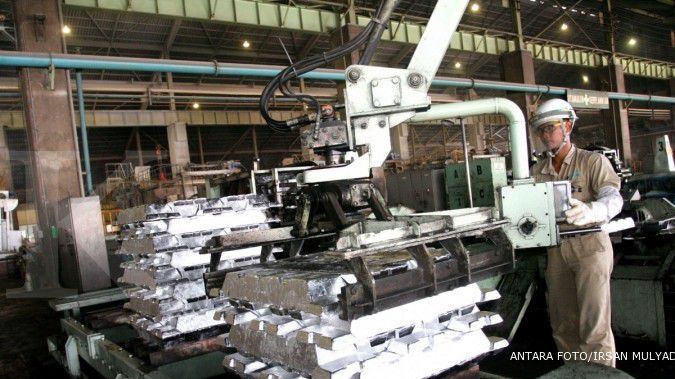Reporter: Asnil Bambani Amri | Editor: Asnil Amri
JAKARTA. Jakartans will have to double their property tax budgets as the city administration has decided to increase the taxable value of property (NJOP) by between 120 and 240 percent as of this year.
The authority to collect land and building tax (PBB) was transferred to the city administration by the central government in November 2012, allowing the city to collect land and building tax for its sole use, instead of sharing them with the central government as it had done in the past.
As per the transfer of authority, the city is also authorized to set the value of taxable assets, including land and buildings.
“We are increasing the NJOP rate because it has not been adjusted in four years. With the increase, the gap between the NJOP and market prices is reduced,” Deputy Governor Basuki “Ahok” Tjahaja Purnama told reporters at City Hall on Wednesday.
Ahok pointed out that the step was necessary to avoid state losses. “If the gap is too wide, we may be accused of causing losses to the state,” he explained.
According to the City Taxation Agency, the increase varies between 120 and 240 percent, depending on area. Pasar Rebo district in East Jakarta sees the lowest hike, while Jagakarsa in South Jakarta has the highest NJOP increase.
The administration said the more properties residents owned, the more they would pay in property tax.
Jakartans who own land and buildings worth less than Rp 200 million (US$16,400) will pay 0.01 percent of the value in property tax, while owners of properties worth between Rp 200 million and Rp 2 billion will pay 0.1 percent in property tax. Those who own assets worth between Rp 2 billion and
Rp 10 billion will have to pay 0.2 percent, while the capital’s richest inhabitants, with property worth Rp 10 billion or more, will have to pay 0.3 percent.
Jakarta Taxation Agency head Iwan Setiawandi predicted that after the increase, the city’s potential income from land and building tax would surge by 82.2 percent to Rp 6.7 trillion, up from Rp 3.68 trillion in potential PBB income last year.
However, the agency aims to earn Rp 6.5 trillion in land and building tax income, up by 80.6 percent from last year’s target of Rp 3.6 trillion. The city only managed to collect Rp 3.37 trillion in property tax last year.
Iwan pointed out that the agency would give taxpayers six months from February, when the city issues people’s tax notices, to pay their taxes.
Taxpayers who fail to meet the tax deadline in August will have to pay a fine of 2 percent of their land and building tax bill. The city removed the fines last year but has yet to decide whether or not the policy will be extended this year.
“This is under the governor’s authority. We have yet to decide,” Iwan said.
Ahok pointed out that the city would also be lenient to taxpayers this year by reducing some tax bills in certain circumstances.
“Those people who can’t afford to pay [their land and building tax] can submit a proposal and we may reduce their taxes,” he said.
According to taxation website pajak.go.id, the city might provide tax reductions of up to 75 percent in accordance with certain terms and conditions, including for taxpayers on low incomes, retirees and war veterans, as well as victims of natural disasters.
Anton Sitorus, head of research at property consultant Jones Lang LaSalle, criticized the tax increase, saying it was “extreme”.
He pointed out that the policy would trigger widespread speculation on land prices. “Market prices will likely follow suit,” he told The Jakarta Post. (Sita W. Dewi)
Cek Berita dan Artikel yang lain di Google News


/2013/10/16/613955551.jpg)















